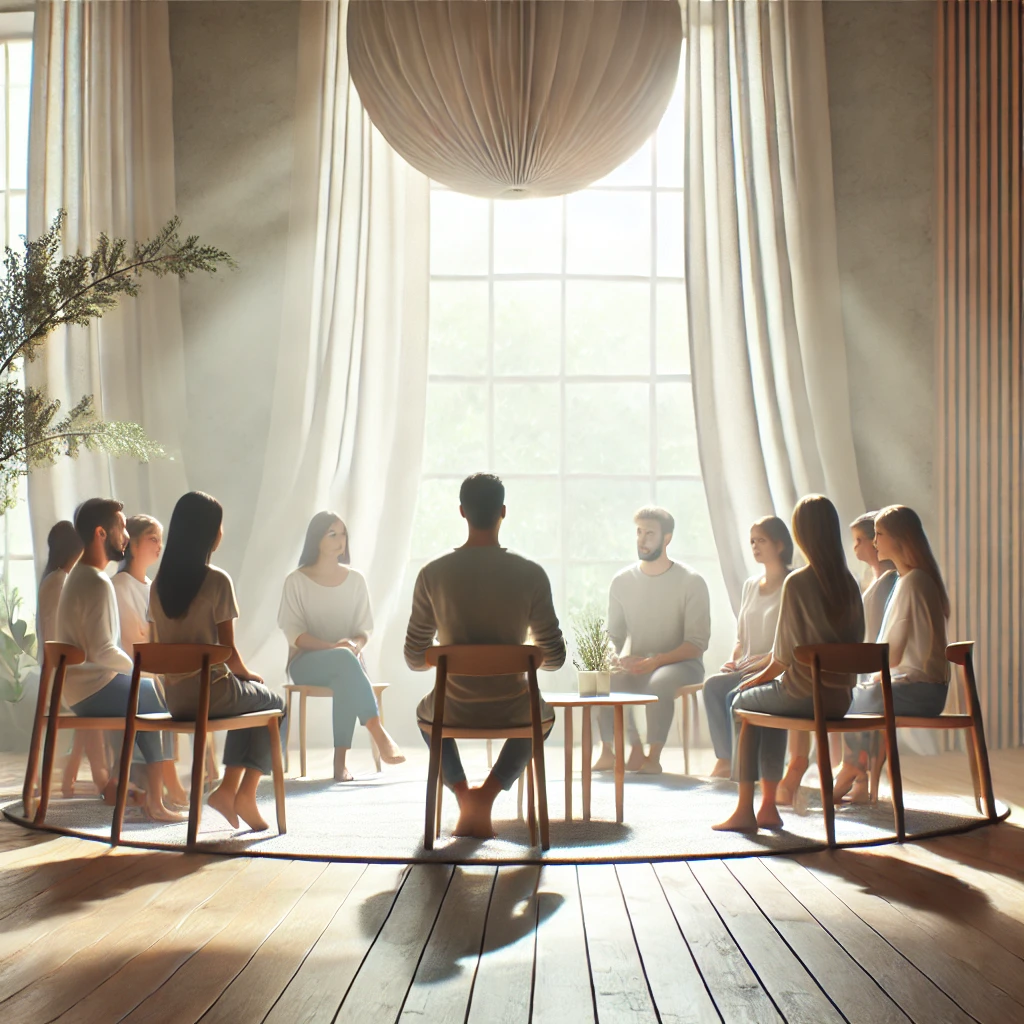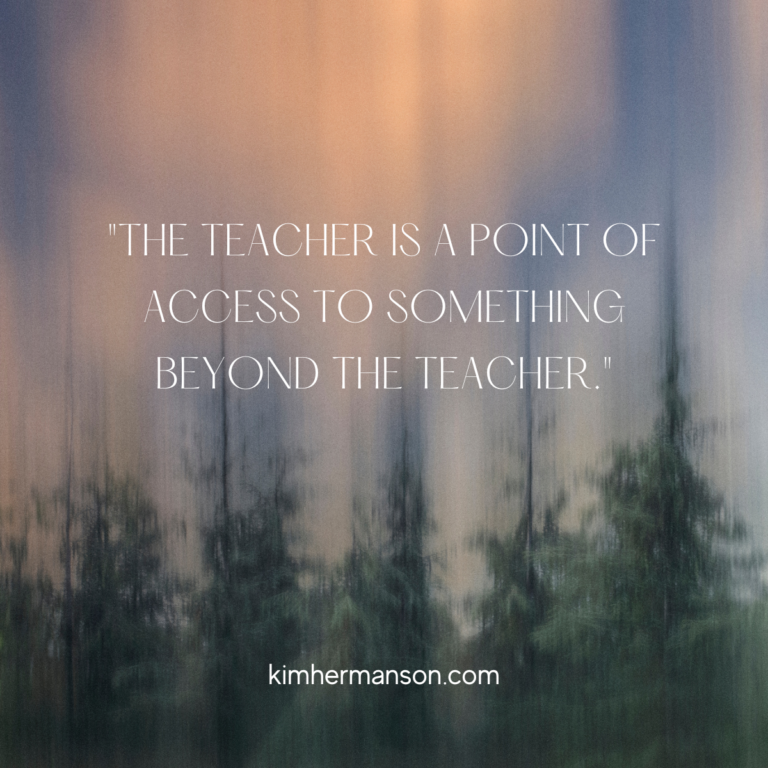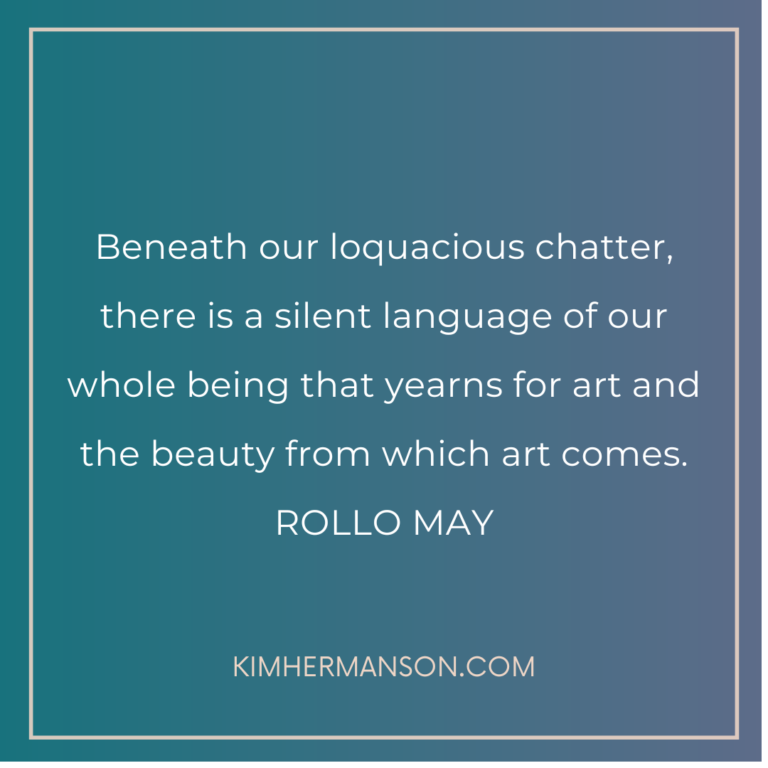Being headless: How to create openness and collaboration in teaching and leadership

When we hold the stance of the “one who knows” with our students or clients we create a polarity. The other person now has something to defend against.
So when I teach, I work from a place I call “third space.” Third space is a creative state of non-polarity where new possibilities can emerge. To access it, I have to let go of being the “expert” and simply be present with what wants to unfold. The moment I try to control the process or assert my authority, I lose third space.
When we exert authority—whether through strict control or positioning ourselves as the only “knower” in the room—we create polarity: us versus them. This dynamic prevents the kind of openness and collaboration needed for creativity and transformation.
Third space can’t exist where there’s a clear polarity. As teachers, leaders, or facilitators, no matter how much expertise we bring, we need to hold that expertise lightly. It’s about being learners while we teach—holding what we know in one hand while keeping the other hand open and empty. This openness requires what I call being “headless.” If we can’t do our work without clinging to our “head,” it may not be the right work for us.
When I wrote Getting Messy, my approach to creating third space was new and experimental. Since then, I’ve found resonance with Adolf Guggenbuhl’s book Power in the Helping Professions. Guggenbuhl, a Jungian psychiatrist, doesn’t use the term “third space,” but he describes something similar. He explains how those in helping professions often create polarities with clients, students, or others when they take on the role of “knower.” He calls this dynamic a “split archetype.”
According to Guggenbuhl, when we believe we know what’s best for someone else—be it a patient, student, or loved one—we split the archetype. One person becomes all-knowing and powerful, while the other becomes ignorant and powerless. In this polarized dynamic, healing and creativity have no room to occur because the interaction becomes about the imbalance itself.
Similarly, Emilie Conrad, founder of the Continuum bodywork method, describes this as the “dominator model”—the mindset of “I will do this to you.” Unfortunately, this model often dominates educational, healthcare, and government systems. But to access true creativity and transformation, we must step out of these polarities and into the open, collaborative space of third space.





